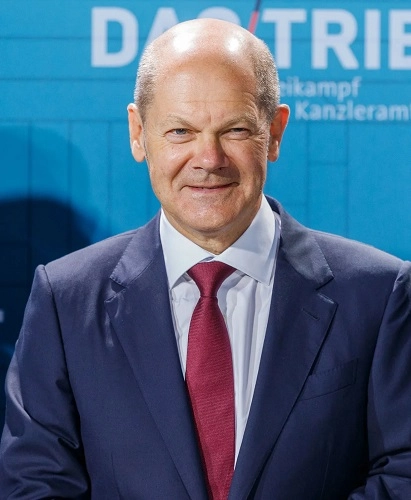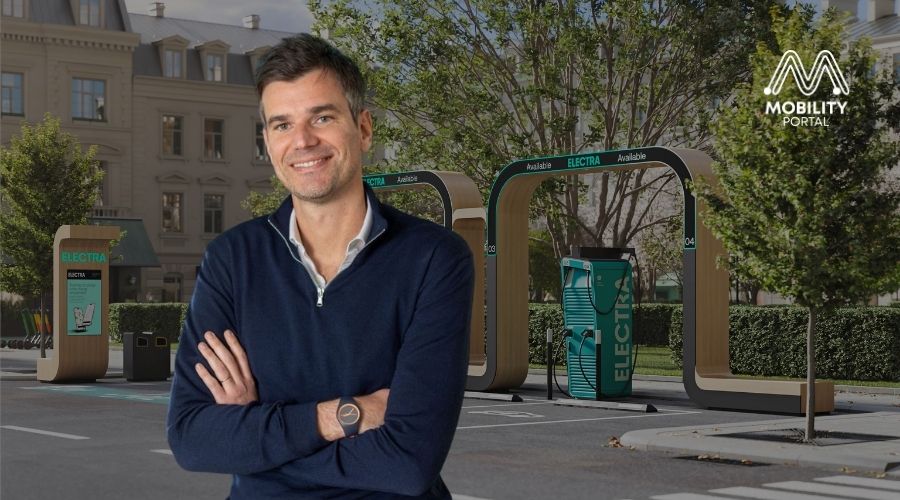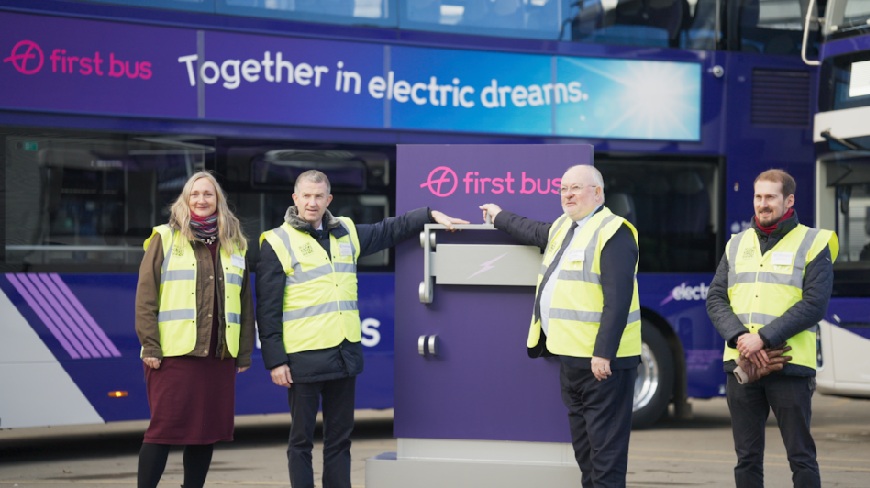On 6th May 2025, the German parliament elected Friedrich Merz, leader of the Christian Democratic Union (CDU), as the new federal chancellor.
These elections not only marked a turning point in the country’s politics but also appear to signal a significant shift in the landscape of electromobility.

The previous government, led by Olaf Scholz of the Social Democratic Party of Germany (SPD), left the country in a politically and economically complex situation, with the automotive market facing both internal and external challenges.
Among these were a decline in exports and uncertainties surrounding subsidy policies.
Now, under Merz’s leadership, the E-Mobility sector hopes for a positive turnaround.
“Previously, there were incentive programmes that benefitted the sector, such as subsidies for purchasing wallboxes for homes and electric cars, including in the B2B industry,” explains an E-Mobility insider in an interview with Mobility Portal Europe.
“However, all these programmes were cancelled, which led to a market decline,” they add.
However, the interviewee remains optimistic about the new leader.
“The new government has realised the tremendous potential our industry holds if we get things right now. I believe they will make the right decisions to support electric mobility sustainably and move it forward,” they assert.
While there were “many doubts” in the past about whether electromobility was the right technology, there is now “a good feeling” that this is indeed the right way forward.
Germany Launches New Incentive Plans for Electric Vehicles
A few days ago, it was announced that the country has introduced a comprehensive package of incentives to promote the adoption of EVs and accelerate national climate and infrastructure goals.
As part of the federal government’s new “Responsibility for Germany” programme, a range of economic, fiscal and structural reforms will come into effect from July 2025.
Key highlights include:
- Special depreciation for electric vehicles: The government will introduce an “investment booster” through accelerated depreciation (degressive AfA) for investments in equipment, including electric cars. This aims to stimulate fleet renewal and increase corporate EV adoption.
- Tax relief measures: The plan includes reductions in corporate tax burdens and the introduction of measures to lower energy and electricity costs, making EV usage and charging more cost-competitive.
- Support for SMEs and startups: New funding lines, low-interest loans and improved access to infrastructure financing will support innovation in sectors such as e-mobility and charging infrastructure.
- Infrastructure expansion: The government has also committed to streamlining regulatory frameworks, particularly in relation to permitting and environmental approval processes. This will help accelerate the rollout of high-power charging stations, including megawatt charging systems (MCS) for heavy-duty vehicles—an essential step in decarbonising long-haul freight transport and meeting the targets set by the Alternative Fuels Infrastructure Regulation (AFIR).
The programme acknowledges that battery electric vehicles (BEVs) and plug-in hybrid electric vehicles (PHEVs) are central pillars in achieving national emissions reduction targets.
Although Germany ended its consumer EV purchase subsidies in 2023, the new measures signal a shift towards supply-side support.
The legislation is expected to be presented before the summer recess, with the aim of making it clear by mid-year that “Germany is moving forward”.
DISCOVER MOBILITY PORTAL DATA
Discover Mobility Portal Data, a new exclusive market intelligence platform offering reliable data and key reports to support smart decision-making across the automotive sector — covering both combustion and electric vehicles, as well as charging infrastructure.
Research, trend analysis, and neatly organised statistics presented with clarity and precision, alongside up-to-date insights — all just one click away. With Mobility Portal Data, good decisions are on the horizon.
READ MORE
-
Electra CEO outlines strategy: Czechia entry, spring opening, investment in Germany — others on hold
Aurelien de Meaux, co-founder and CEO of Electra, one of Europe’s best-funded CPOs, explains why they chose to enter the Czech Republic rather than Portugal or Poland, and outlines how they approach expansion. Which factors carry the most weight when deciding on a new market?
-
Basildon launches Essex’s first all-electric bus station after £30.6m transformation
The funding has delivered new high-capacity charging infrastructure at the depot, enabling buses to fully recharge overnight using Renewable Energy Guarantees of Origin (REGO) electricity.
-
Faconauto reclama más fondos para el MOVES: “El mercado avanza, pero las ayudas no llegan”
La patronal alerta de que el agotamiento del presupuesto en la mayoría de las comunidades frena operaciones ya iniciadas, pese a que las ventas electrificadas viven su mejor momento del año.











